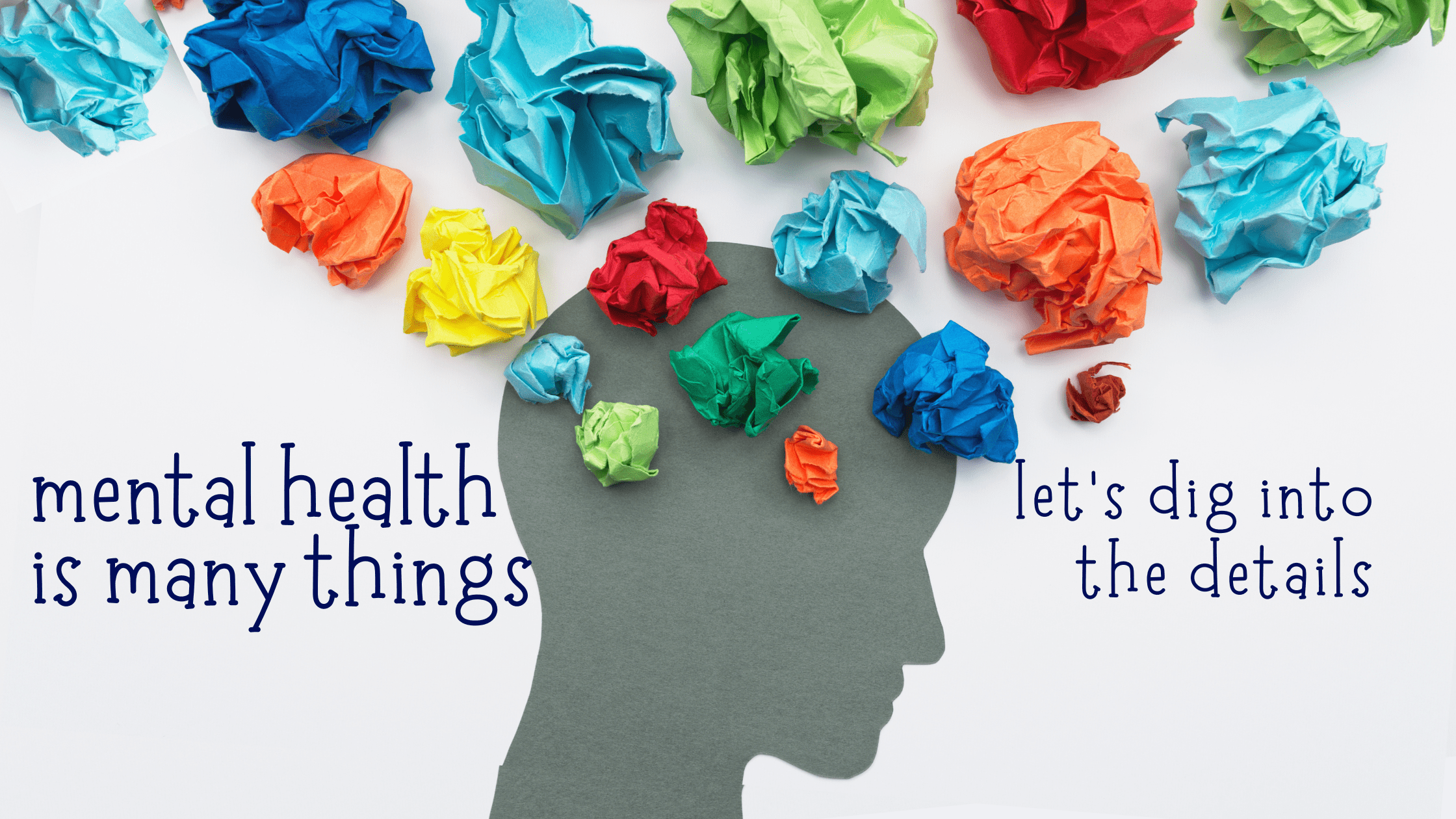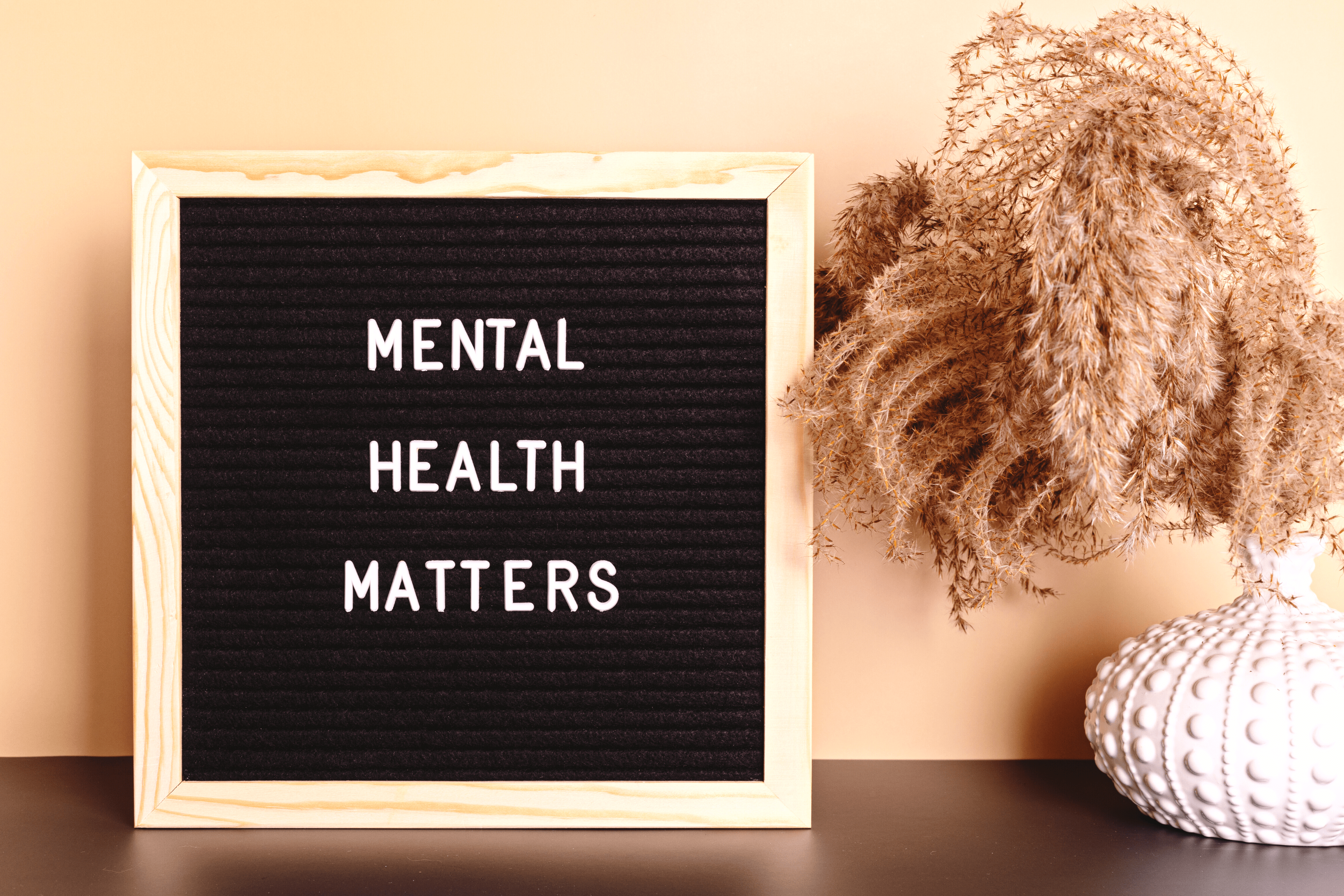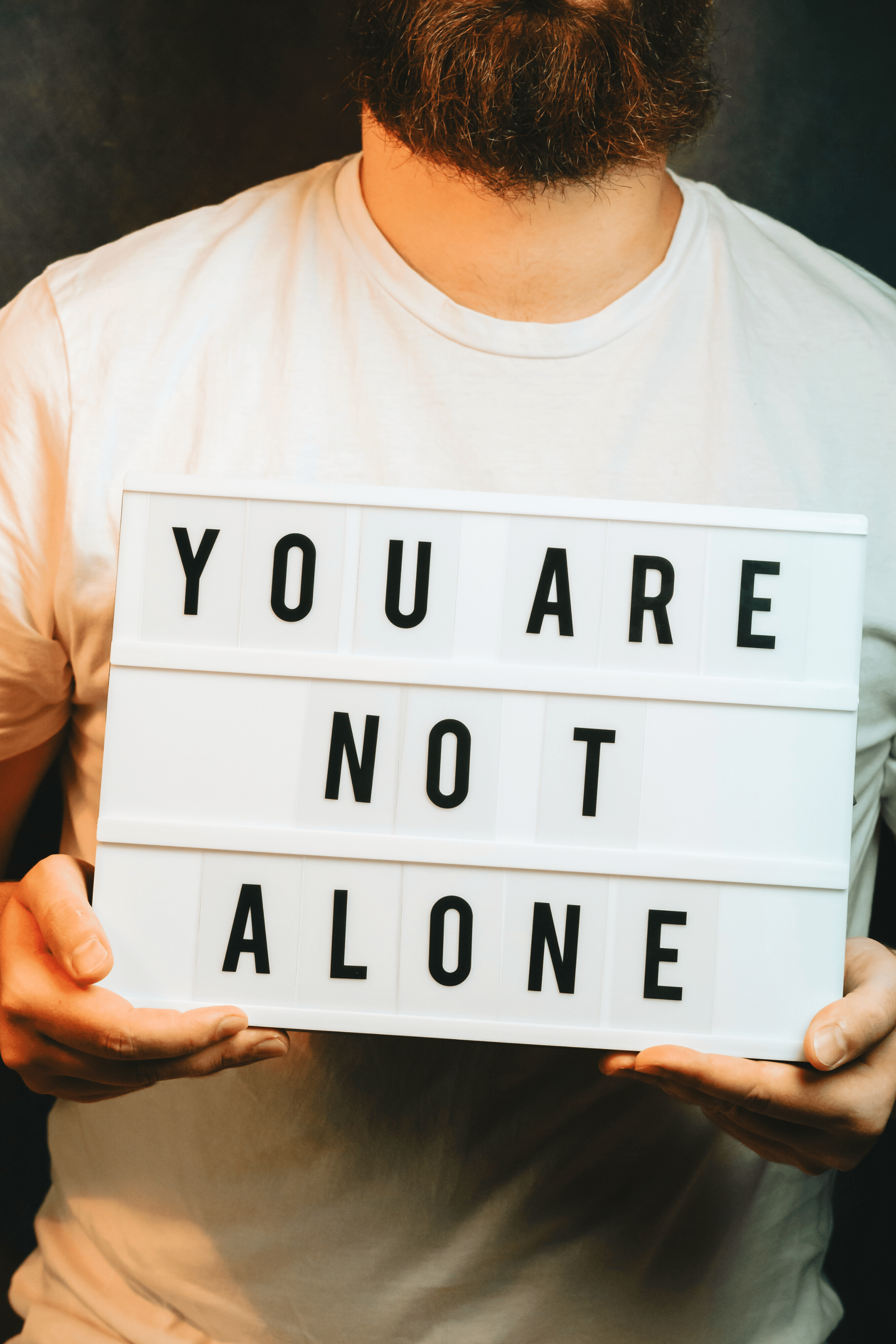

What exactly is mental health? According to the website called mentalhealth.com, “Mental health includes our emotional, psychological, and social well-being. It affects how we think, feel, and act. It also helps determine how we handle stress, relate to others, and make choices. Mental health is important at every stage of life, from childhood and adolescence through adulthood. Over the course of your life, if you experience mental health problems, your thinking, mood, and behavior could be affected.”
Many factors contribute to mental health problems, including:
- Biological factors, such as genes or brain chemistry
- Life experiences, such as trauma or abuse
- Family history of mental health problem
The Davis behavioral health website outlines these 5 most common mental disorders. They are:
Anxiety disorders – The most common category of mental health disorders in America impacts approximately 40 million adults 18 and older. Anxiety disorders cause people to experience distressing and frequent fear and apprehension.
While many may experience these feelings, say, during a job interview or public speaking event (as that can be a normal response to stress), those with anxiety disorders feel them commonly and in typically non-stressful events. And bouts of anxiety can last up to six months or more at a time. “Anxiety” is actually a blanket term that includes a host of specific disorders, including: Generalized Anxiety Disorders (GAD) , Obsessive Compulsive Disorder (OCD), Panic Disorder, Post Traumatic Stress Disorder (PTSD), and Social Anxiety Disorder.
Mood disorders – An estimated 1 in 10 adults suffers from some type of mood disorder. While it’s normal to experience mood swings from time to time, people with mood disorders live with more persistent and severe symptoms that can disrupt their daily lives. Depending on the specific disorder, people may experience an ongoing sad, anxious or “empty” mood; feelings of hopelessness; low self-esteem; excessive guilt; decreased energy and more. Therapy, antidepressants and self-care can help treat mood disorders. The most common mood disorders are: Major depression, Dysthymia, Bipolar disorder, & Substance-induced mood disorder.
Psychotic Disorders – Those suffering from psychotic disorders may be unable to know what’s real and what’s not. This group of mental disorders changes an individual’s sense of reality. Scientists believe that certain viruses, problems with how specific brain circuits work, extreme stress or trauma and some forms of drug abuse may play a role in the development of psychotic disorders. The most common psychotic disorders include: Schizophrenia, Schizoaffective disorder, Brief psychotic disorder, Delusional disorder, & Substance-induced psychotic disorder.
Dementia – Although mistakenly thought to be a single disorder, dementia is a term that covers a wide range of specific mental conditions. Those suffering from dementia-related disorders may experience a decline in their cognitive abilities—often severe enough to impair daily life and independent function. While this category includes a host of conditions, Alzheimer’s disease accounts for 60 to 80% of dementia cases. It slowly destroys memory and thinking skills and, eventually, strips the ability to carry out the simplest tasks. Other forms of dementia take the form of: Parkinson’s disease, Frontotemporal dementia, Huntington’s disease, & Wernicke-Korsakoff syndrome.
Eating disorders – Eating disorders are about more than an individual’s relationship with food. They’re complex mental disorders that often require intervention from medical and psychological experts. These conditions cause unhealthy eating habits to develop, such as an obsession with food, body weight or body shape. In severe cases, eating disorders can have serious health consequences and may even result in death, if left untreated.
Common symptoms include the severe restriction of food, food binges or purging behaviors, such as vomiting or over-exercising. The most common types of eating disorders include: Anorexia nervosa, Bulimia nervosa, Binge eating disorder, Pica eating disorder and Rumination disorder.
Early warning signs of mental health issues
Mentalhelath.com also goes on to say that, “Not sure if you or someone you know is living with mental health problems?
Experiencing one or more of the following feelings or behaviors can be an early warning sign of a problem:
- Eating or sleeping too much or too little
- Pulling away from people and usual activities
- Having low or no energy
- Feeling numb or like nothing matters
- Having unexplained aches and pains
- Feeling helpless or hopeless
- Smoking, drinking, or using drugs more than usual
- Feeling unusually confused, forgetful, on edge, angry, upset, worried, or scared
- Yelling or fighting with family and friends
- Experiencing severe mood swings that cause problems in relationships
- Having persistent thoughts and memories you can’t get out of your head
- Hearing voices or believing things that are not true
- Thinking of harming yourself or others
- Inability to perform daily tasks like taking care of your kids or getting to work or school
Mental health doesn’t just end with the person struggling with it. It impacts family members, friends and coworkers.
It can be isolating. You can choose to be isolated because your illness is so bad.
Sometimes others choose to isolate you because they don’t know or don’t understand your situation. Undiagnosed or untreated mental health issues can lead to so many different difficult or even dangerous situations.

How can you be supportive of someone you think might be struggling?
Straight up ask them to explain their situation (if they are comfortable). Explain to them you truly want to understand and help. Ask them how you can be supportive? What do they need when they are struggling? How can you tell if they are having a hard time and what boundaries they need to be respected or pushed a little?
When it comes to mental health, leave your judgment at the door. Don’t make comparisons of their issues against yours. They are not the same. Ask if you can ask them personal questions that may help you understand their situation. Some things are too deep to discuss and they may feel obligated to answer if you ask. Just listen. Nod when you understand something and ask for clarity when you don’t. Make good eye contact. Let them see you are actively listening and interested in their situation and in being a good friend. Don’t use terms like, “you’ll get over it” or “cheer up it will pass”. Don’t say you know how they feel if you really don’t.
You can help someone with daily tasks, such as driving carpools, grocery store runs, putting away laundry or doing the dishes. When I had my miscarriage I was really not doing much. Just having someone come over and wash and put away the dishes was such a HUGE help. Believe it or not, that simple task was just too much for me at that time. Staying busy only works for some people and being pushed to stay active isn’t always helpful or productive.

Being supportive encourages taking action
Another part of mental health is getting help. Encourage your friend or family member to seek help. If this is a new situation for them this can be very scary and overwhelming.
You can offer to help find someone to work with, Help drive them to their first session or even sit in on a session if they feel safer that way. Try this when looking for ways to be supportive. https://www.mentalhealth.gov/talk/friends-family-members/
However, being a good friend is also about keeping your boundaries healthy and trusting your gut. If your friend is in crisis or in danger it is OKAY to get help.
It may cause friction between you but if your gut says something is wrong, you have permission to follow it.
In college, myself and several friends, had to get my roommate’s parents involved when she was struggling. She didn’t speak to me for months afterwards but she was getting the help she needed.
A year or so later she did thank me but we did not rekindle our friendship. And that’s ok. I knew I did the right thing and I knew it may have saved her life. That mattered. Her life mattered.
When someone you care about is struggling with mental health issues it’s important to not take any of it personally if they need space or don’t confide in you. Give them room to breathe, let them know that you are there for them when they need you.
As always, if you are someone you love is struggling with mental health issues. Please use these resources.
Directory:
The Lifeline is available for everyone, is free, and confidential. See below for additional crisis services and hotlines.
988 Suicide & Crisis Lifeline
Contact information
Línea de Prevención del Suicidio y Crisis
1-888-628-9454
Contact information
Lifeline Options For Deaf + Hard of Hearing
For TTY Users: Use your preferred relay service or dial 711 then 988.
Veterans Crisis Line 988
Text 838255
CHAT WITH VCL
Contact information
Disaster Distress Helpline
Call or Text 1-800-985-5990
DDH Videophone for Deaf/HoH American Sign Language Users
Contact information
